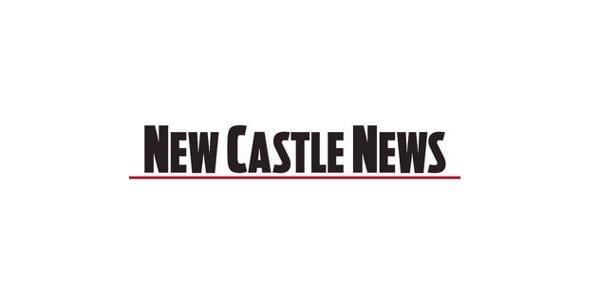Health
Trump Proposes 200% Tax on Imported Drugs, Risks Price Hikes

President Donald Trump has announced plans to impose significant taxes on imported pharmaceuticals, marking a shift in U.S. trade policy that could have serious implications for drug prices and availability in the country. This proposal, which threatens duties of up to 200%, targets a sector that has largely been exempt from import tariffs for decades.
Potential Consequences for Consumers
The proposed tariffs aim to address concerns over the pricing and availability of foreign-made drugs. By increasing costs on imported pharmaceuticals, the administration risks disrupting established supply chains that many Americans rely on for affordable medication. This move could potentially lead to shortages of essential drugs, particularly cheaper generic options that are often manufactured overseas.
Pharmaceutical imports have historically entered the United States duty-free, allowing for a competitive market that benefits consumers. However, the introduction of such steep tariffs could push foreign manufacturers out of the U.S. market, resulting in reduced access to vital medications for millions of Americans.
According to analysts, the impact of these tariffs could be profound. The price of many prescription drugs could rise significantly, placing additional financial burdens on consumers already struggling with healthcare costs. Critics of the proposal have voiced concerns that this could hinder progress toward lowering drug prices in the long term.
Political and Economic Context
This announcement comes as part of President Trump’s broader strategy to renegotiate trade relationships with various countries. His administration has previously targeted a range of imports with tariffs, but pharmaceuticals represent a new frontier in the ongoing trade war. The move has raised eyebrows among healthcare advocates and industry experts, who warn of the potential fallout.
As discussions continue, stakeholders from the pharmaceutical industry are closely monitoring the situation, anticipating both the economic and social repercussions of such a substantial policy change. If implemented, these tariffs could reshape the landscape of drug pricing and availability in the United States, making it a pivotal issue in upcoming political discussions.
In summary, the proposed 200% tariff on imported drugs underlines a significant shift in trade policy that could have far-reaching consequences for healthcare in America. As the administration moves forward with this plan, the focus will likely intensify on the implications for both consumers and the pharmaceutical market at large.
-

 Lifestyle4 months ago
Lifestyle4 months agoLibraries Challenge Rising E-Book Costs Amid Growing Demand
-

 Sports3 months ago
Sports3 months agoTyreek Hill Responds to Tua Tagovailoa’s Comments on Team Dynamics
-

 Sports3 months ago
Sports3 months agoLiverpool Secures Agreement to Sign Young Striker Will Wright
-

 Lifestyle3 months ago
Lifestyle3 months agoSave Your Split Tomatoes: Expert Tips for Gardeners
-

 Lifestyle3 months ago
Lifestyle3 months agoPrincess Beatrice’s Daughter Athena Joins Siblings at London Parade
-

 World3 months ago
World3 months agoWinter Storms Lash New South Wales with Snow, Flood Risks
-

 Science4 months ago
Science4 months agoTrump Administration Moves to Repeal Key Climate Regulation
-

 Science3 months ago
Science3 months agoSan Francisco Hosts Unique Contest to Identify “Performative Males”
-

 Business4 months ago
Business4 months agoSoFi Technologies Shares Slip 2% Following Insider Stock Sale
-

 Science4 months ago
Science4 months agoNew Tool Reveals Link Between Horse Coat Condition and Parasites
-

 Sports4 months ago
Sports4 months agoElon Musk Sculpture Travels From Utah to Yosemite National Park
-

 Science4 months ago
Science4 months agoNew Study Confirms Humans Transported Stonehenge Bluestones









